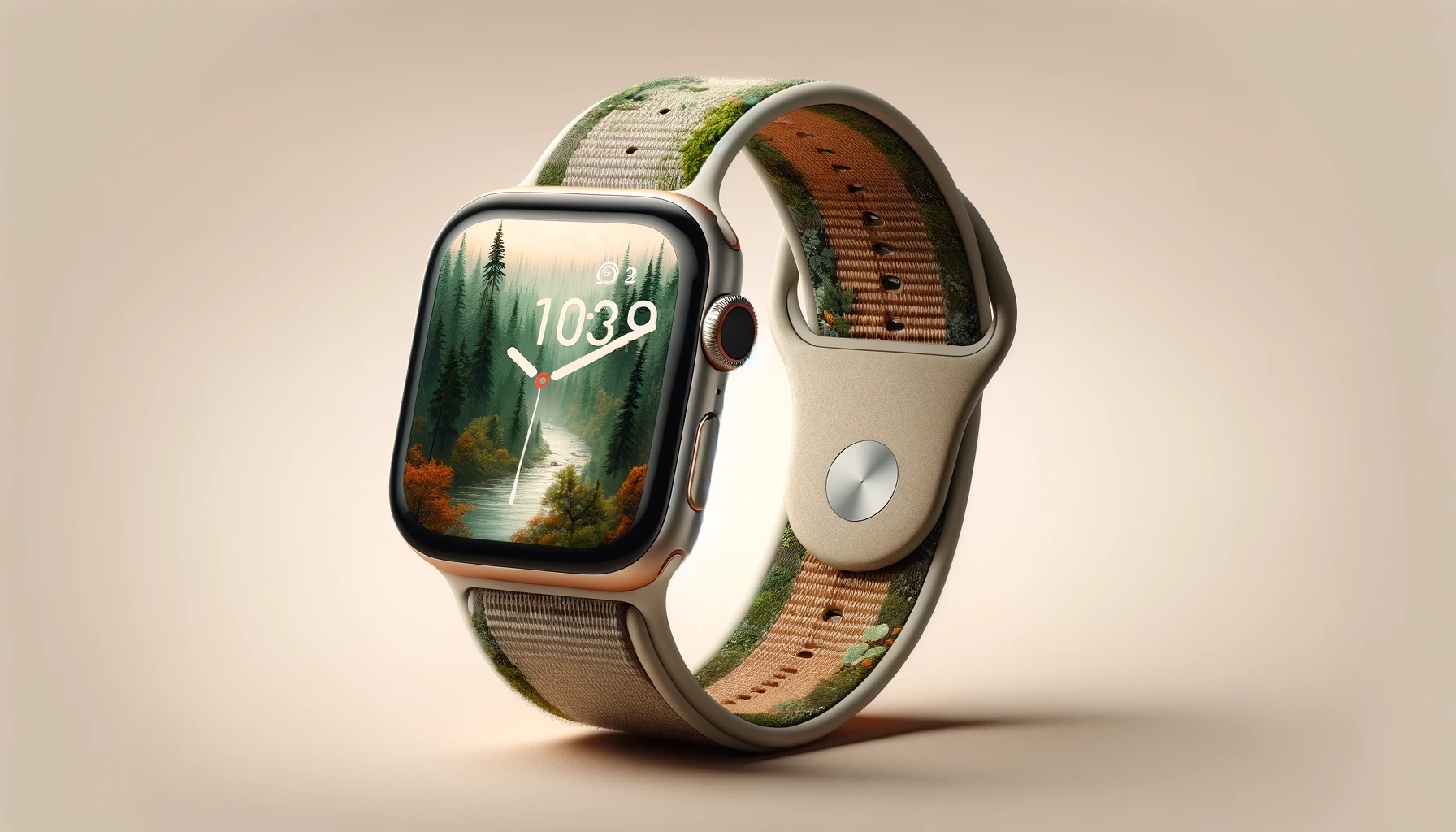The recent revelation that Apple Watch Series 4 will not receive the watchOS 11 update has left users and enthusiasts pondering the implications for the device’s longevity and functionality. With technology advancing rapidly, updates are a crucial aspect of keeping devices relevant and secure. This decision by Apple marks a notable shift in the lifecycle of its wearable products, as users of the Series 4 watch must now consider the future without the latest software enhancements.
The Apple Watch Series 4, launched in 2018, heralded significant advancements in health monitoring and design, setting a new standard for wearable technology. Its introduction of the ECG feature was particularly groundbreaking, offering users the ability to monitor heart rhythms and detect irregularities. Over time, subsequent models have built on these features, with each iteration of the watchOS bringing in improvements in health tracking, user interface, and performance. The exclusion of the Series 4 from the watchOS 11 update cycle signals a shift in Apple’s support strategy, focusing on newer models that can handle increasingly complex software requirements.
Impact on Apple Watch Series 4 Users
Owners of the Apple Watch Series 4 must now assess how the lack of updates will affect their user experience. Without the latest watchOS, these watches will miss out on new features, security patches, and potentially, compatibility with newer apps developed for updated watchOS versions. This development underscores the importance of software support in extending the lifespan of tech gadgets and raises questions about the pace of planned obsolescence in the tech industry.
Looking at the Broader Wearable Tech Context
Exploring the broader wearable tech landscape reveals a trend of frequent updates and short support lifespans. An article from Wired, titled “The Challenge of Keeping Wearables Up to Date,” delves into the difficulties manufacturers face in providing long-term updates for devices with limited storage and processing capabilities. Meanwhile, Engadget’s “The Lifecycle of Wearable Devices” discusses the industry’s rapid pace and consumer expectations for continual innovation, contributing to the shorter support windows for devices like the Apple Watch Series 4.
The Market’s Reaction to Ongoing Support Cycles
Market analysts are keenly observing the fallout from Apple’s decision, as it may influence future purchasing decisions and the trust consumers place in the longevity of their devices. With competitors also grappling with the balance between hardware capabilities and software demands, Apple’s move could set a precedent for the wearable tech sector’s approach to product support and refresh cycles.
Useful information for the reader
- Apple Watch Series 4 will miss out on security updates.
- Users might face compatibility issues with new apps.
- Decision suggests a shift in Apple’s product support strategy.
Despite the disappointment for Series 4 users, this development provides valuable insights into the wearable technology market and Apple’s strategic direction. Apple’s decision not to support the Series 4 with the upcoming watchOS 11 may encourage consumers to consider the overall value and lifespan of tech products before purchase. While newer models will continue to benefit from advancements in software, the Series 4’s exclusion serves as a reminder of the rapid pace of technological change and the inevitable progression towards more capable and sophisticated devices.










